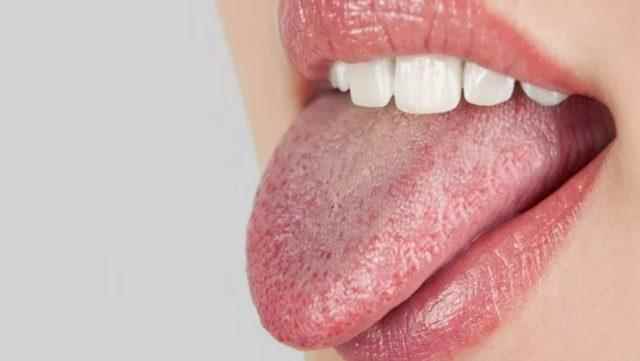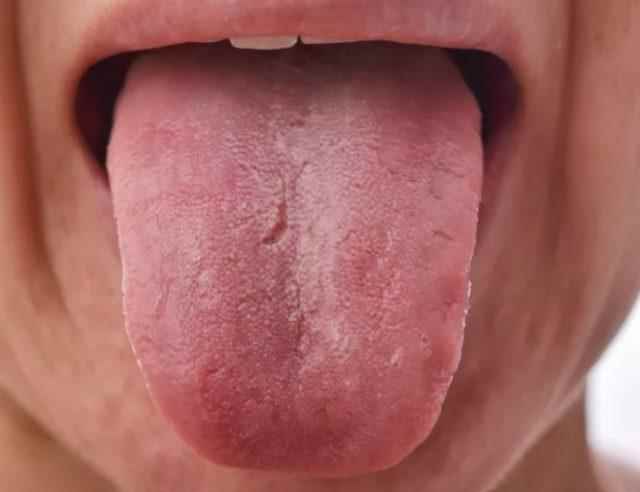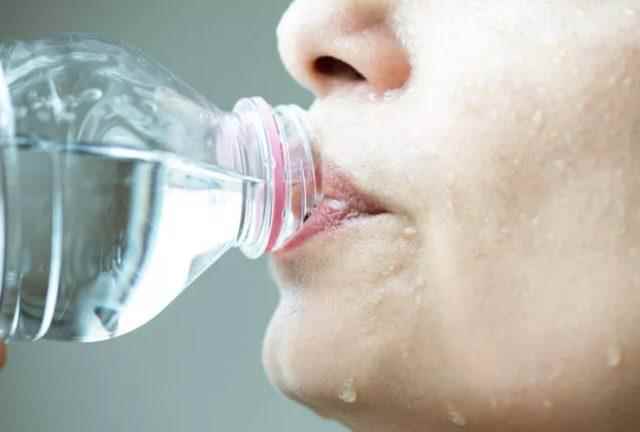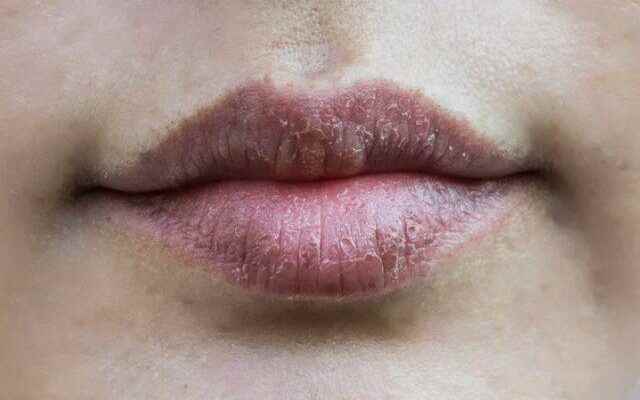The changes we experience in our body can give warning about our health. Many different changes are dismissed as unimportant. However, long-term problems can be a sign of dangerous diseases. Noting that dry mouth can be a symptom of serious diseases, Dentist Tuğçe Serdaroğlu said, “Dry mouth, also known as xerostomia in medical language, is the main cause of many problems. In addition to keeping the mouth wet, saliva also plays an important role in the digestion of food, preventing dental caries and oral infections. Dry mouth can also be a symptom of serious diseases.
USE OF MULTIPLE DRUGS MAY CAUSE DRY MOUTH
Stating that drug therapy and especially the use of multiple drugs are among the most important causes of dry mouth, Dt. Tuğçe Serdaroğlu gave information. Expressing that dry mouth, which occurs as a result of the lack of moisture in the mouth due to the decrease in saliva secretion, can be a symptom of serious diseases, Dt. Tuğçe Serdaroğlu, “Dry mouth, also known as xerostomia in medical language, is the main cause of many problems. In addition to keeping the mouth wet, saliva also plays an important role in the digestion of food, preventing dental caries and oral infections. At the same time, dry mouth can also be a symptom of serious diseases.
DISEASES THAT CAUSE DRY MOUTH

Dt. Tuğçe Serdaroğlu said, “Antihistamines, painkillers, nasal decongestants, diuretic drugs, blood pressure and depression drugs used to prevent allergies can cause dry mouth. Symptoms of AIDS, Hodgkin’s, diabetes, and Parkinson’s diseases include dry mouth. Radiation therapy and chemotherapy treatment used in the treatment of cancer can damage the patient’s salivary glands. Permanent or temporary dry mouth may occur as a result of these treatments. Rheumatic diseases such as Sjögren’s syndrome, salivary gland diseases such as anorexia nervosa and Type 1 diabetes may also cause dry mouth. Infectious diseases that require oral respiration, hormonal changes (menopause, andropause, pregnancy, etc.) and diseases such as head and neck irritation are among the causes of dry mouth.
DO NOT CONSIDER SYMPTOMS

Pointing out that there is an increase in dental caries due to the decrease in saliva in the mouth and that infections may develop in the oral mucosa, Dt. Tuğçe Serdaroğlu listed the most common dry mouth symptoms as follows:
“Bad smell of breath, feeling of dryness in the throat, increased thirst, sticky feeling in the mouth, difficulty in swallowing and speaking, difficulty in inserting teeth in denture wearers, abnormal taste sensation such as metallic taste in the mouth and tongue pain, also known as burning in the mouth syndrome, are among the symptoms of dry mouth. .“
ATTENTION IF YOU CAN’T SWALLOW DRY FOOD WITHOUT DRINK
Dt. Tuğçe Serdaroğlu said the following about the diagnosis of dry mouth:
“In the diagnosis of dry mouth, it is evaluated whether the patient can swallow dry foods such as bread and biscuits without drinking and whether the patient has difficulty in speaking. The patient’s salivary flow rate is calculated by the dentist. To measure the salivary flow rate, the patient is asked to chew a piece of paraffin. The diagnosis of dry mouth can be made by evaluating the amount of saliva produced by the patient. Normally, the amount of saliva secretion in the mouth is over 5 milliliters. The flow rate of saliva is over 2.5 milliliters in 5 minutes. If the patient’s saliva amount and flow rate are below these values, dry mouth can be mentioned.

TREATMENT DEPENDS ON THE CAUSE OF THE DISEASE
Referring to the treatment methods of dry mouth, Dt. Serdaroğlu said, “The treatment of dry mouth is applied according to the cause of the disease. In addition to treating the underlying cause, drugs that work the salivary glands can be used. Chewing xylitol-containing gum after meals or light meals increases the salivary flow rate. If the person has problems with chewing ability, xylitol tablets or lozenges are recommended. One of the most effective ways to prevent the symptoms of dry mouth is saliva substrates. These regularly used substrates can be prepared in pharmacies or sold commercially. Antimicrobial agents, saliva gels containing vegetable or olive oil, and nasal sprays and drops containing oil are also used in the treatment of dry mouth.
(UAV)
